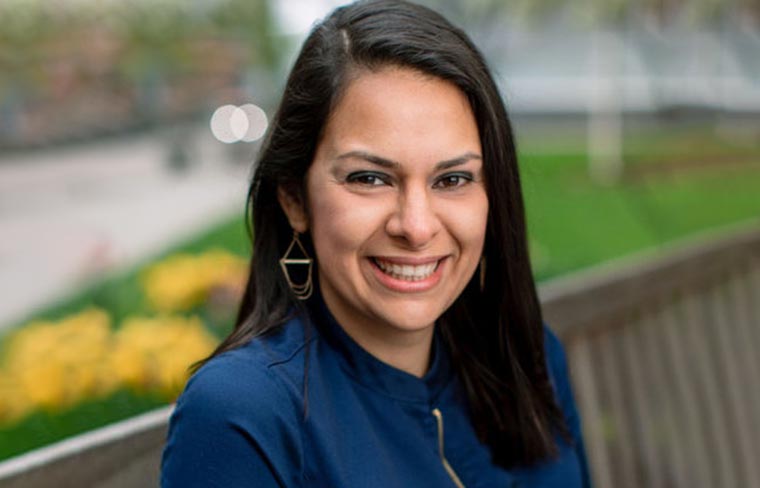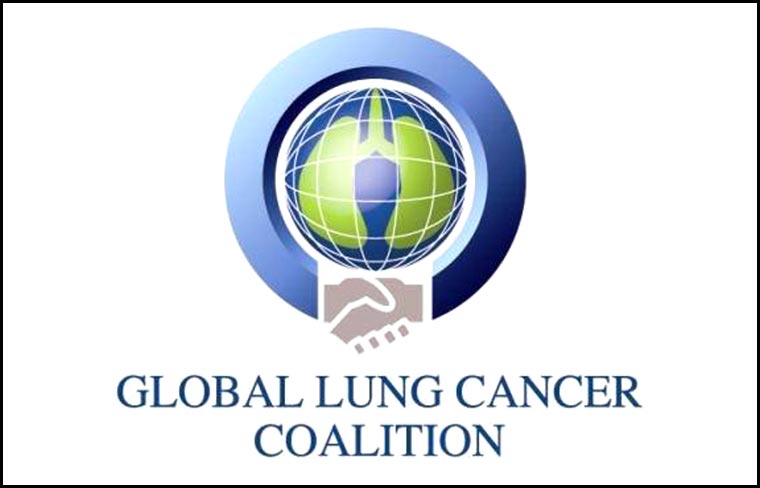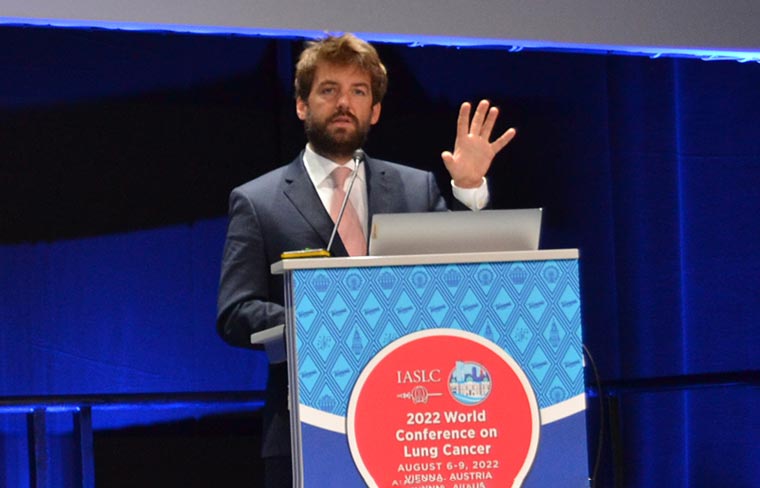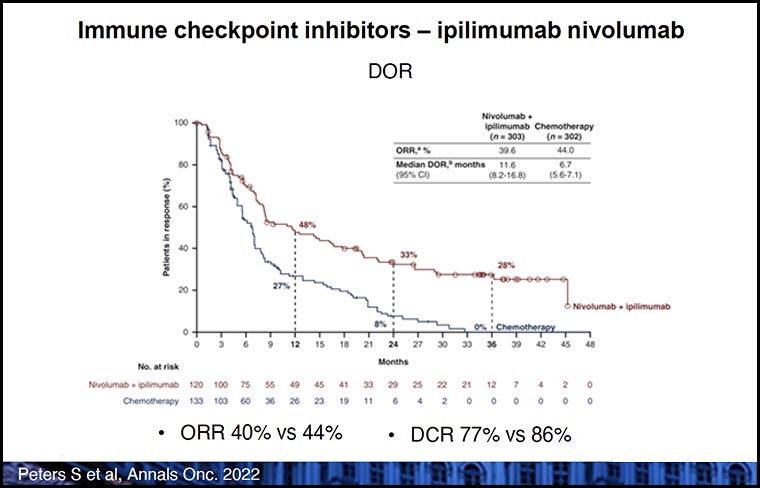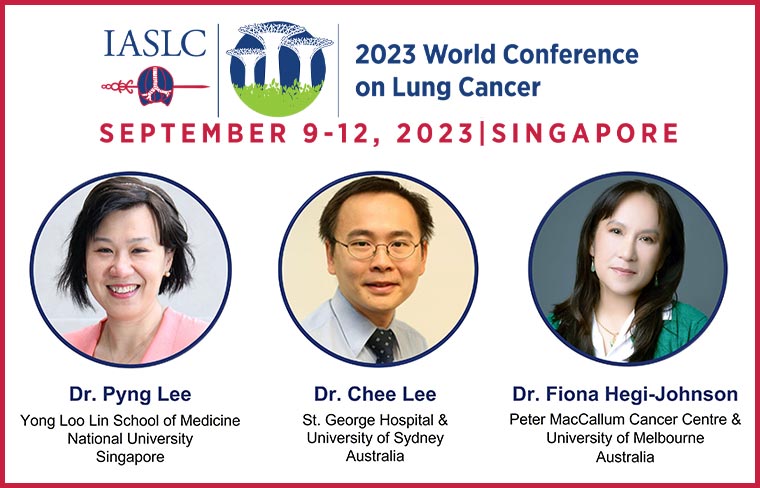-
Interim NADIM ADJUVANT Data Suggest Adjuvant Chemo-IO May Reduce Recurrence Risk in Patients Following Complete Resection
-
Final FLAURA2 OS Data Show Osimertinib Plus Chemo Offers Benefit Compared with Monotherapy
-
Potential Impact of GLP1-RAs on TKI-induced Weight Gain in Patients with NSCLC
-
No “Known” Risk Factors: The Health Consequences of Radiation Therapy
-
Discussion Covered Updates, Strategies, and Controversies in Lung Cancer Staging
-
No PFS, OS Benefit Seen in Final Results from PACIFIC-2
-
WCLC Attendees Hear Preview of Proposed Changes for the 9th Edition of the TNM Staging Classification for Thoracic Cancers
-
Treatment of Immunotherapy-Related Dermatologic Toxicities: An Interview with Dr. Mario Lacouture
-
A Holistic Approach to Patient Care
August 2022
-
Survey of Women with Lung Cancer Reveals High Levels of Sexual Dysfunction
The SHAWL study showed most women with lung cancer have little or no interest in sexual activity and experience increased pain and discomfort during sex following their diagnoses.
-
Symposium Looks at Lung Cancer Technology Innovations
Advances in radiotherapy, robotic surgery, and artificial intelligence promise to change the practice of thoracic oncology.
-
Closing Plenary Addresses Access to Screening, Drugs
Profession challenged to double survival rates within 5 years. Improving screening, reducing barriers to treatments will be key.
-
Panel Summarizes Immunotherapy Decision-Making for NSCLC
During a WCLC 2022 education session, experts reviewed the evidence for multiple treatment strategies in various patient populations.
-
COVID-19 A Roadblock to Effective Lung Cancer Care in 2022
A joint session at WCLC explored the impact the pandemic has had on the prevention, diagnosis, and management of thoracic malignancies.
-
Plenary 4 Panel Examines Applications of Artificial Intelligence in Lung Cancer
While AI and machine learning are not likely to replace humans, ideally technology will enhance and expedite medical decision making.
-
New Approaches Improve Mesothelioma Outcomes
The term “malignant mesothelioma” is no longer acceptable and should be replaced by “mesothelioma” for all uses, pathology researcher says.
-
Investigators Present Significant Research From Around the Globe During WCLC 2022
On Sunday, August 7, nine highly rated abstract presentations offered a look at new data from GEMSTONE-301, NADIM, NELSON, CODEBREAK, and more.
-
Holistic Approach Important in Providing Patient-Centered Care
Four researchers share data on the unique needs of caregivers, indigenous populations, children, and patients with dementia.
-
IASLC Names Co-Chairs of the 2023 World Conference on Lung Cancer
Drs. Pyng Lee, Chee Lee, and Fiona Hegi-Johnson will soon begin the work of planning the 50th WCLC, which will take place in Singapore next year.







